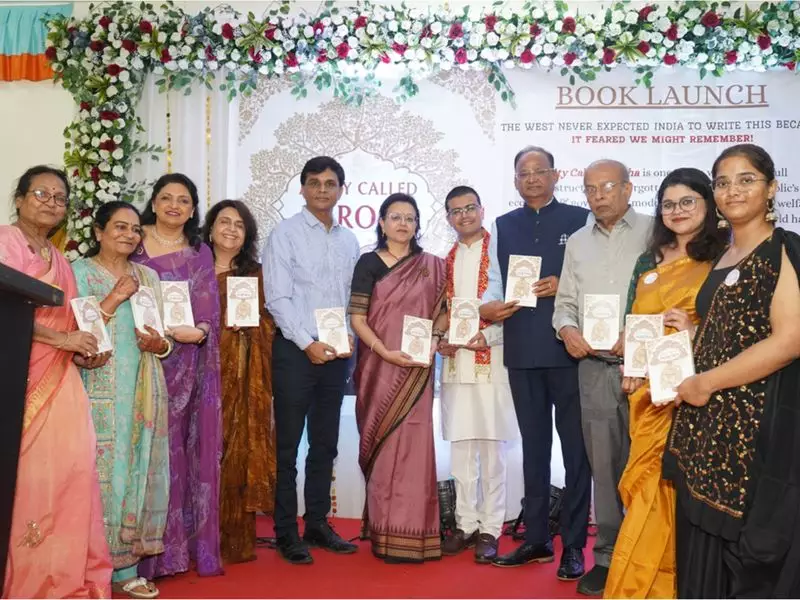
Mumbai recently became the stage for a remarkable historical revival as it hosted the grand launch of 'A City Called Agroha,' marking the first comprehensive reconstruction of the ancient republic established by the legendary King Samrat Agrasen. This ambitious project brings to life one of India's most significant but often overlooked historical civilizations.
The Grand Unveiling in India's Financial Capital
The prestigious event took place at Mumbai's Constitution Club of India on February 22, 2024, drawing attention from historians, cultural enthusiasts, and community leaders alike. The project represents a monumental effort to recreate the ancient city of Agroha, which flourished as a model republic under Samrat Agrasen's visionary leadership.
What makes this reconstruction particularly significant is its timing and scope. As explained during the Mumbai launch, this marks the first full reconstruction of Agroha ever attempted, providing modern audiences with an unprecedented glimpse into one of ancient India's most progressive societies.
Rediscovering Samrat Agrasen's Legacy
Samrat Agrasen, the legendary king who established Agroha, ruled during the final phase of the Dwapar Yuga and is revered for his principles of social justice and economic equality. His kingdom was organized as a republican state rather than a traditional monarchy, making it a unique political experiment in ancient times.
The reconstruction project meticulously recreates the city's original 18 districts, each representing one of the 18 Gotras that formed the foundation of Agroha's social structure. This detailed recreation allows visitors to experience the city's advanced urban planning, economic systems, and social organization that made Agroha a model civilization.
Historical records and archaeological findings indicate that Agroha was characterized by its progressive governance model and emphasis on trade and commerce. The city served as an important economic hub in ancient India, with its merchants and traders establishing networks across the region.
Cultural Significance and Modern Relevance
The launch event in Mumbai emphasized how the Agroha reconstruction serves multiple important purposes. It not only preserves and promotes an essential part of India's cultural heritage but also provides valuable insights into ancient urban planning and governance systems that remain relevant today.
The project highlights Samrat Agrasen's enduring principles, particularly his emphasis on economic democracy and social welfare. His concept of sharing wealth and resources among all citizens, as practiced in ancient Agroha, offers timeless lessons for contemporary society.
Organizers at the Mumbai event stressed that the reconstruction will serve as an educational resource, helping younger generations understand India's rich historical tapestry beyond what's typically covered in conventional history curricula.
Future Impact and Visitor Experience
The 'A City Called Agroha' project is expected to become a major destination for both domestic and international tourists interested in ancient Indian history and culture. The detailed recreation includes residential areas, marketplaces, administrative centers, and cultural spaces that characterized the original city.
Visitors will be able to experience the daily life, economic activities, and social systems that made Agroha distinctive among ancient civilizations. The project also incorporates interactive elements and educational programs to enhance the visitor experience and provide deeper understanding of this historical period.
The Mumbai launch event successfully generated significant interest in this historical reconstruction, positioning it as an important addition to India's cultural tourism landscape and a valuable resource for historical research and education.
As the project moves forward, it promises to shed new light on an often-overlooked chapter of India's ancient history while celebrating the visionary leadership of Samrat Agrasen, whose principles of governance and social organization remain remarkably relevant in the modern era.






